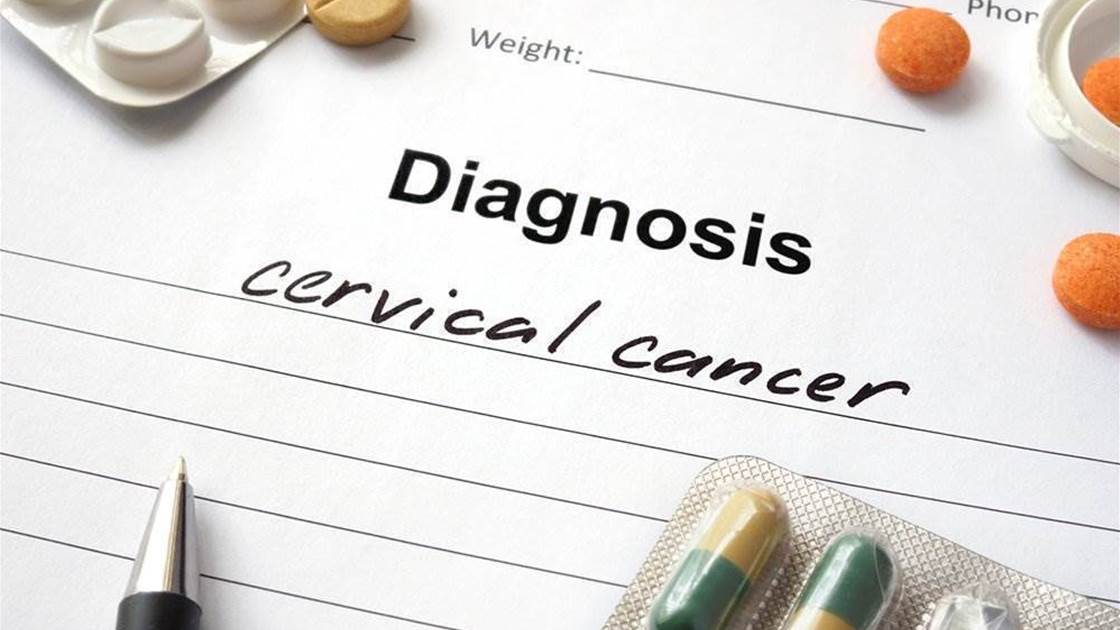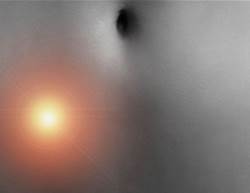For most cervical cancer sufferers, the first sign of the disease isn't an odd pain or unusual sensation. It's an abnormal Pap test.
"At the early stages, there really are no symptoms," says Dr Matthew Anderson.
And as is the case with most cancers, the early stages are also the time when treatment outcomes are rosiest. That's why it is recommended that all women start undergoing regular Pap tests at age 21.
If that Pap test turns up abnormal cells—sometimes referred to as "pre-cancer"—or other signs of the disease, Anderson says treatment usually involves a hysterectomy. That surgery tends to be very successful, he says.
On the other hand, if you're noticing symptoms, your cancer may be fairly advanced. "A cure is still possible at that stage, but it's a lot more complex," Anderson says. That cure will probably involve radiation or chemotherapy, and the outcomes are less certain, he says.
Keep reading to learn the signs and symptoms of cervical cancer.
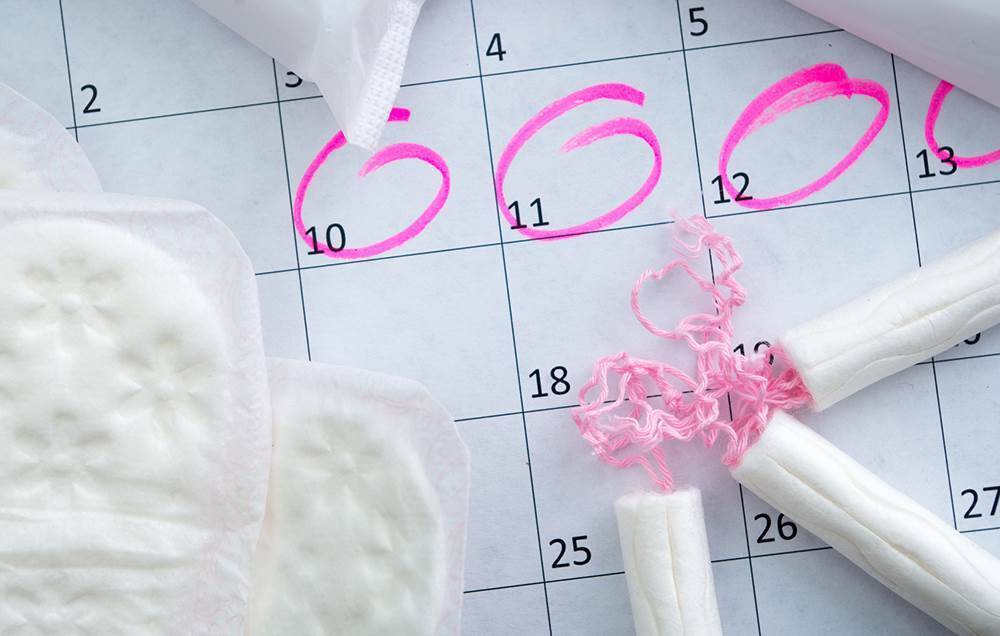
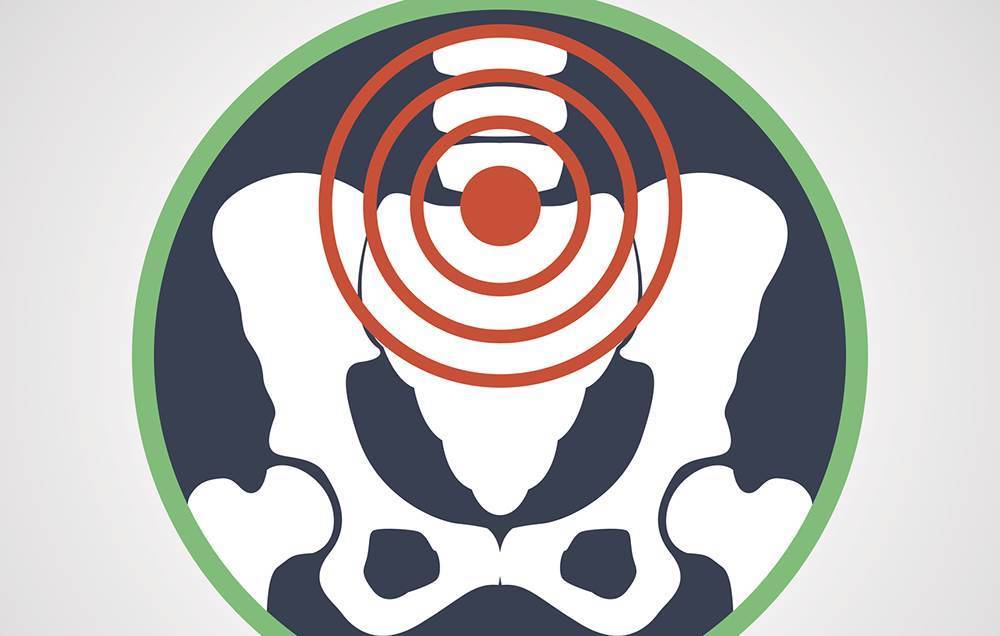

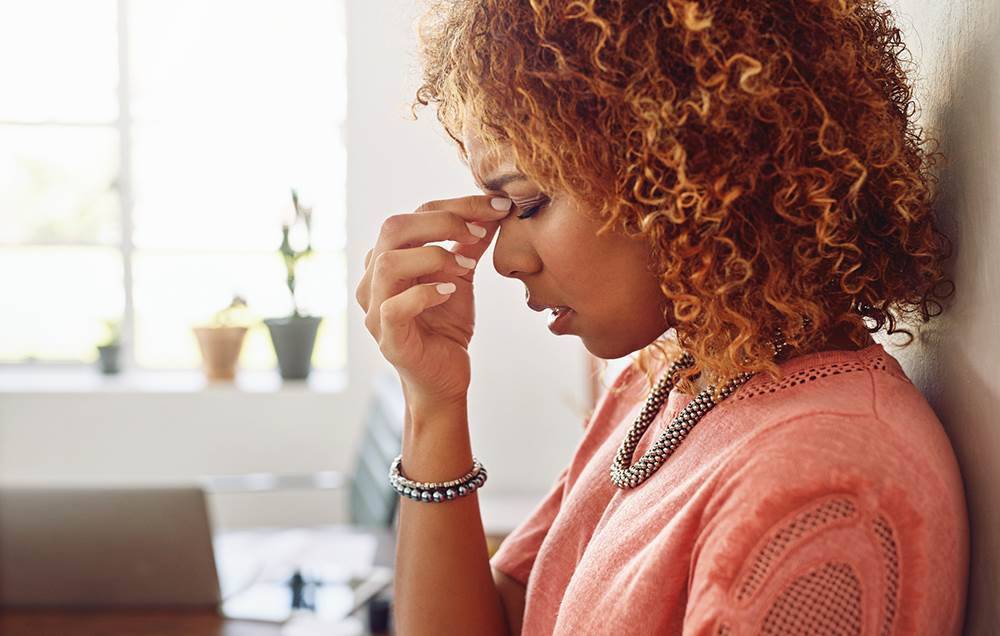
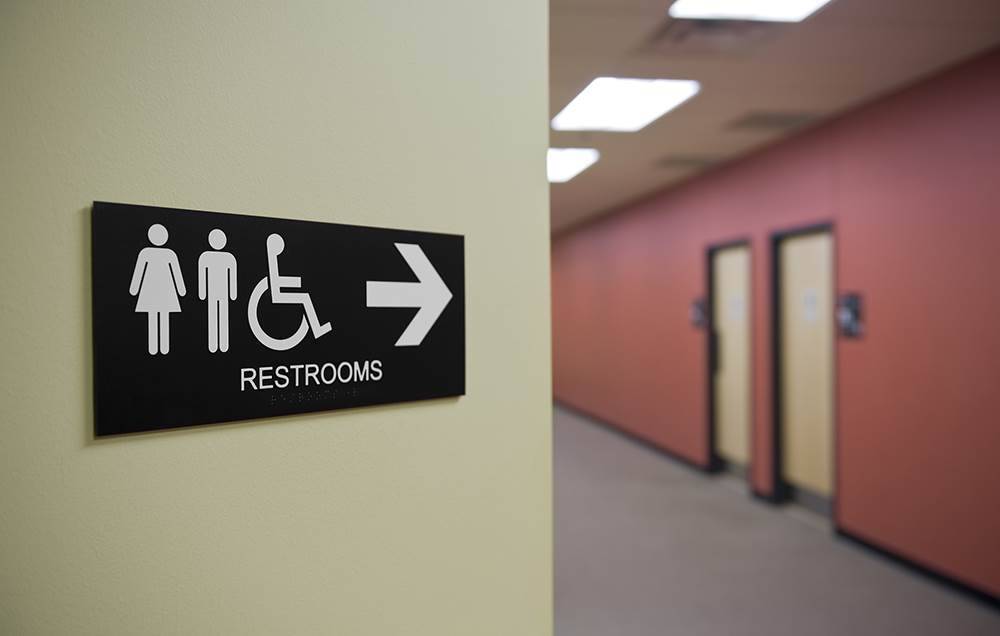

Abnormal bleeding
Unusual vaginal bleeding is the symptom most strongly linked to cervical cancer, says gynaecologic oncologist Dr Joshua Cohen. "This could be bleeding after intercourse or between periods," he says. Heavier-than-normal periods or bleeding after menopause are also potential signs of cervical cancer.
Pelvic pain
Along with abnormal bleeding, Anderson refers to pelvic pain as "one of the biggies." He says the pain could be diffuse, or it could show up in any area of your pelvis. It could also range from a sharp pain to a dull ache. Especially if the pain is new or doesn't seem related to your menstrual cycle, you'll want to let your doctor know about it, Anderson says. Pain during sex or urination are also warning signs.
Strange discharge
A cloudy, foul-smelling discharge is also a potential red flag, Anderson says. "[The discharge] could also be watery," he adds. Of course, there are many causes of abnormal vaginal discharge that have nothing to do with cancer. So don't freak out. Just talk with your doc.
Fatigue
Anderson says you can add cervical cancer to the long list of health issues that could make you feel fatigued or sluggish. "This isn't the first symptom I'd look for, but it could be present."
Changes to bowel movements
Peeing often or feeling like you always have to go are symptoms associated with the disease, Cohen says. So are persistent changes in the quality of your poop. Cohen says the emphasis here—and with all of these symptoms, save bleeding—is on the word "persistent." He says experiencing these symptoms for less than a week isn't anything to worry about. But if they stick around or become worse, it's time to see someone.
You smoke (or you used to)
Yes, this is a risk factor, not a symptom. But smokers and former smokers should know their tobacco habit could roughly double their risk for the disease, per a study in the International Journal of Cancer.
Anderson says all of the above symptoms—if caused by cervical cancer—are most likely to appear during your late 30s, 40s, or 50s. "We see cervical cancer in women as young as 20, and also much later in life, but the median age is mid-40s," he explains.
The good news: You've no doubt heard there is now a vaccine that helps safeguard women from human papillomavirus (HPV), a common type of infection that causes nearly all cases of cervical cancer. As more and more young women are vaccinated, cases of cervical cancer (and other, less-common HPV cancers) should plummet.
